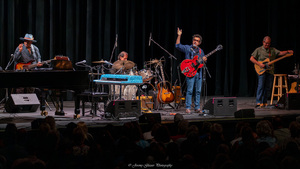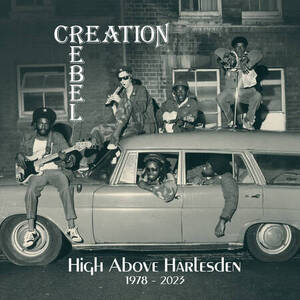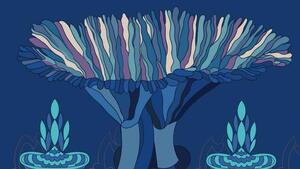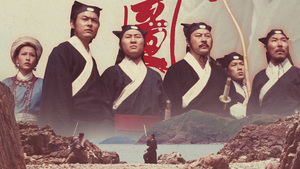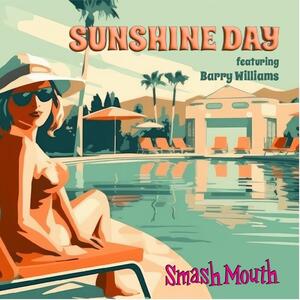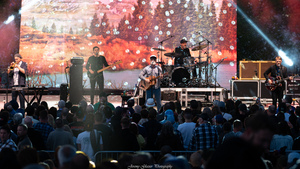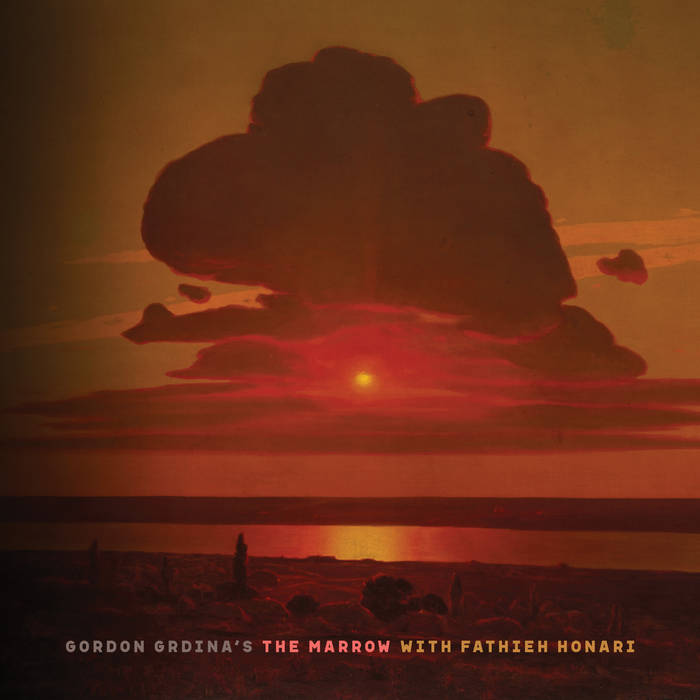
Gordon Grdina’s The Marrow
With Fathieh Honari
Attaboygirl Records
I know Gordon Grdina as an innovative jazz guitar player. He has another album coming out this February called Duo Work that shows off his electric guitar gymnastics, but this album is something completely different. The Marrow is Grdina’s ensemble for exploring his passion for Middle Eastern sounds and his mastery of the oud.
Gordon has been studying the oud and Middle Eastern music with members of the Honari family since he was in college. It was in college that Grdina met the Iranian-Canadian percussionist Hamin Honari. Gordon has played with Hamin and members of his family for years, learning the subtlety of Persian music from family patriarch Reza Honari. This album is dedicated to Reza, who passed on while the album was being made.
The quartet brings Grdina together with veteran improvisers Hank Roberts (cello) and Mark Helias (bass) and percussionist Hamin Honari. They are joined by Hamin’s mother, the lauded Persian vocalist Fathieh Honari. The album focuses on traditional Persian song, mid-Century Iranian popular song, and Grdina’s original compositions that work as settings for poems by the 13th century Sufi mystic, Rumi. “In Persian music they say that it’s not really music unless there’s poetry,” Grdina says. “So adding vocals pushes the album more towards a Persian aesthetic.”
The album opens with Grdina’s mesmerizing original composition “Not of Them” and the brooding “Break the Branch.” These set the tone for the rest of the record. The tunes conjure trance-like states that bring out the mystical, otherworldly qualities of Persian music. Even “Raqib” and “Raqs e Parvaneh,” which were popular radio hits in the ’60s and ’70s have this tranquil, otherworldly vibe. The closing track comes as a bit of a jolt when the gossamer sheen drops away and we’re met with a party vibe. It’s like walking into a village celebration after being on a long trip through the desert.
That closing track, “Qalandar,” is a Baluchi traditional piece that is particularly meaningful for Fathieh, who hails from the traditionally persecuted Baluchi people of southeastern Iran. In that respect, the song both embodies hope in its jaunty melody and is a reminder of the hardships faced by so many residents of this part of the world.


